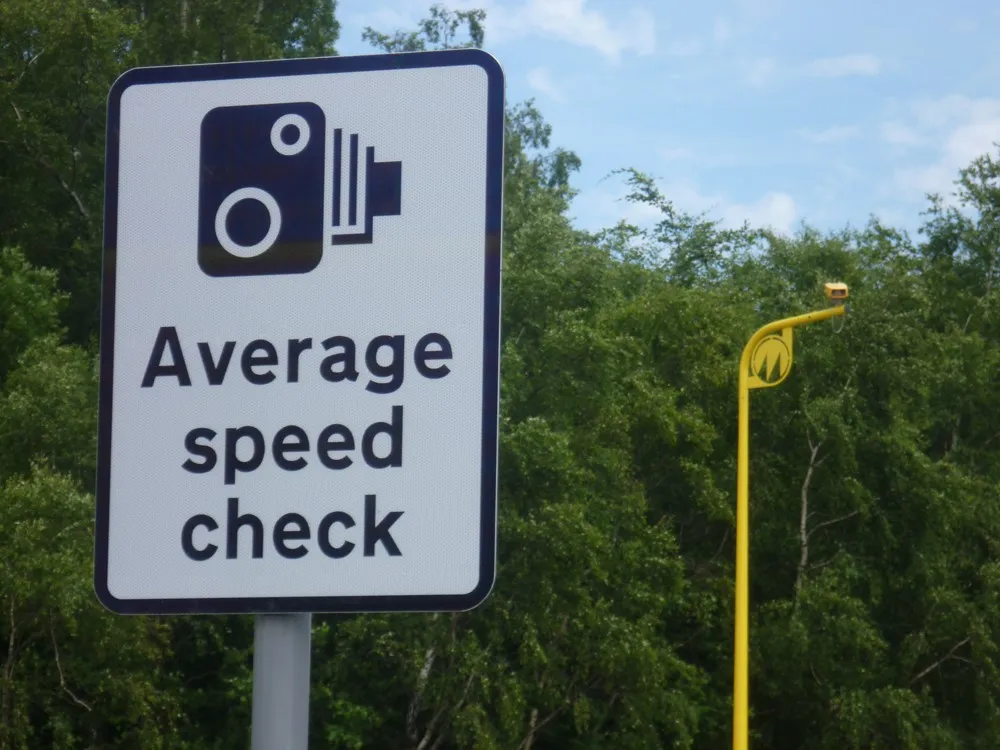More than 40 European organisations concerned with road safety, together with 11 members of the European Parliament have sent a letter to President Jean-Claude Juncker urging him to not drop setting new EU target to cut serious road injuries.
The letter was sent yesterday by the European Transport Safety Council (ETSC), ahead of Thursday's meeting of national transport ministers in Luxembourg where the target was set to be announced. The European Transport Safety Council has learnt that the announcemen
June 10, 2015
Read time: 3 mins
More than 40 European organisations concerned with road safety, together with 11 members of the European Parliament have sent a letter to President Jean-Claude Juncker urging him to not drop setting new EU target to cut serious road injuries.
The letter was sent yesterday by the3535 European Transport Safety Council (ETSC), ahead of Thursday's meeting of national transport ministers in Luxembourg where the target was set to be announced. The European Transport Safety Council has learnt that the announcement of the target has been dropped and no new date has been set for its publication
The long-planned initiative had been reconfirmed in a Commission press release as recently as 24 March, and has already been strongly supported by member states and the European Parliament.
The letter states that Juncker has said that the European Commission is to be “serious about being big on big things”. It goes on to say that serious road injuries are undoubtedly a very big thing, with at least 200,000 people suffering life-changing consequences resulting from traffic collisions last year alone. The timing of this decision is unfortunate as, according to analysis by ETSC, serious road injuries increased by 3 per cent last year. Furthermore, over recent years, declines in serious road injuries have not matched the reductions in road deaths.
The letter claims there is a strong economic case to act. Estimates undertaken by ETSC show that, if all serious injuries recorded in 2010 could have been prevented, the benefits to society would have been more than 50 billion Euros in that year.
According to ETSC analysis at least 200,000 people suffered life-changing consequences resulting from traffic collisions last year alone, an increase of 3 per cent from the previous year. Furthermore, over recent years, declines in serious road injuries have not matched the reductions in road deaths.
The letter points out that EU targets for road deaths were an important driver for the dramatic reductions seen in countries such as Spain, Portugal, Lithuania, Latvia, Slovenia and Estonia: all of which have cut deaths by more than 60 per cent since 2001. The much slower decrease, or even increase, in the number of serious road injuries must come to a stop and be turned into a steady decrease. A European road safety target is a simple, cheap, non-controversial and necessary step.
It concludes: at the EU level a quantitative serious road injury target would provide a stimulus for EU actions in areas where it has exclusive responsibilities for road safety such as vehicle safety standards. An EU target would also inspire competition and knowledge sharing between member states, as it has done for the prevention of deaths.
The letter was sent yesterday by the
The long-planned initiative had been reconfirmed in a Commission press release as recently as 24 March, and has already been strongly supported by member states and the European Parliament.
The letter states that Juncker has said that the European Commission is to be “serious about being big on big things”. It goes on to say that serious road injuries are undoubtedly a very big thing, with at least 200,000 people suffering life-changing consequences resulting from traffic collisions last year alone. The timing of this decision is unfortunate as, according to analysis by ETSC, serious road injuries increased by 3 per cent last year. Furthermore, over recent years, declines in serious road injuries have not matched the reductions in road deaths.
The letter claims there is a strong economic case to act. Estimates undertaken by ETSC show that, if all serious injuries recorded in 2010 could have been prevented, the benefits to society would have been more than 50 billion Euros in that year.
According to ETSC analysis at least 200,000 people suffered life-changing consequences resulting from traffic collisions last year alone, an increase of 3 per cent from the previous year. Furthermore, over recent years, declines in serious road injuries have not matched the reductions in road deaths.
The letter points out that EU targets for road deaths were an important driver for the dramatic reductions seen in countries such as Spain, Portugal, Lithuania, Latvia, Slovenia and Estonia: all of which have cut deaths by more than 60 per cent since 2001. The much slower decrease, or even increase, in the number of serious road injuries must come to a stop and be turned into a steady decrease. A European road safety target is a simple, cheap, non-controversial and necessary step.
It concludes: at the EU level a quantitative serious road injury target would provide a stimulus for EU actions in areas where it has exclusive responsibilities for road safety such as vehicle safety standards. An EU target would also inspire competition and knowledge sharing between member states, as it has done for the prevention of deaths.









